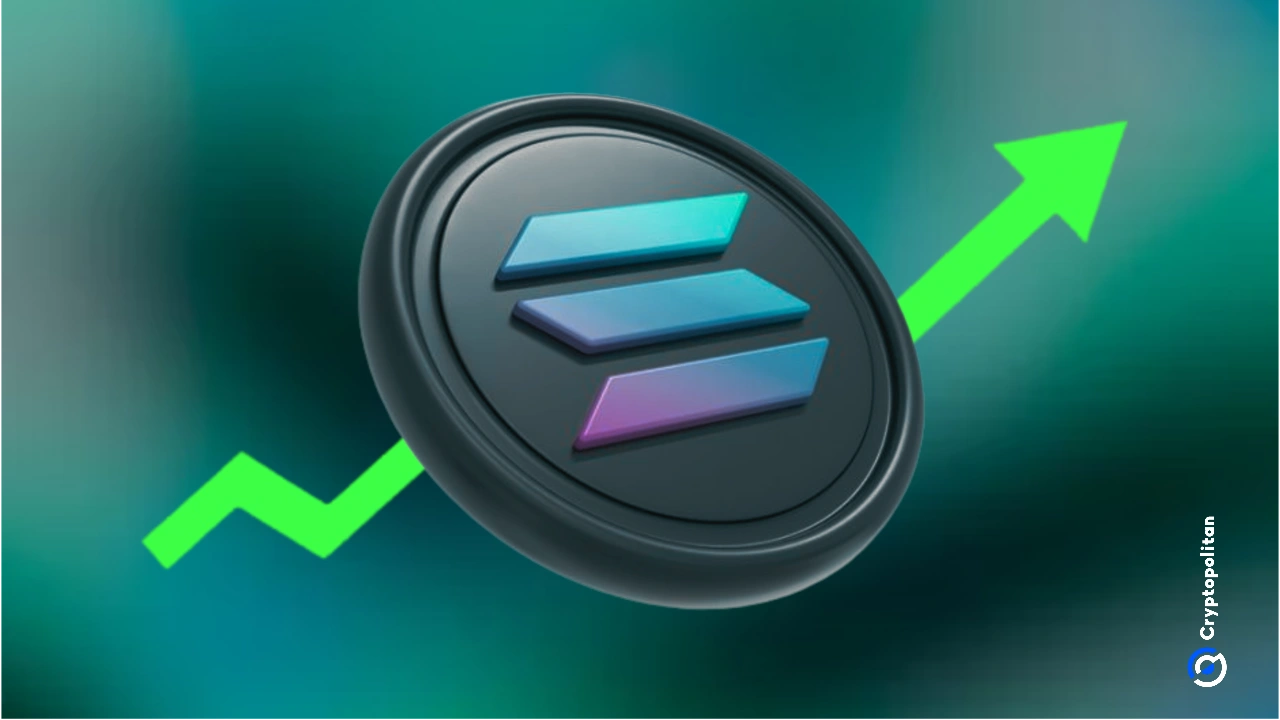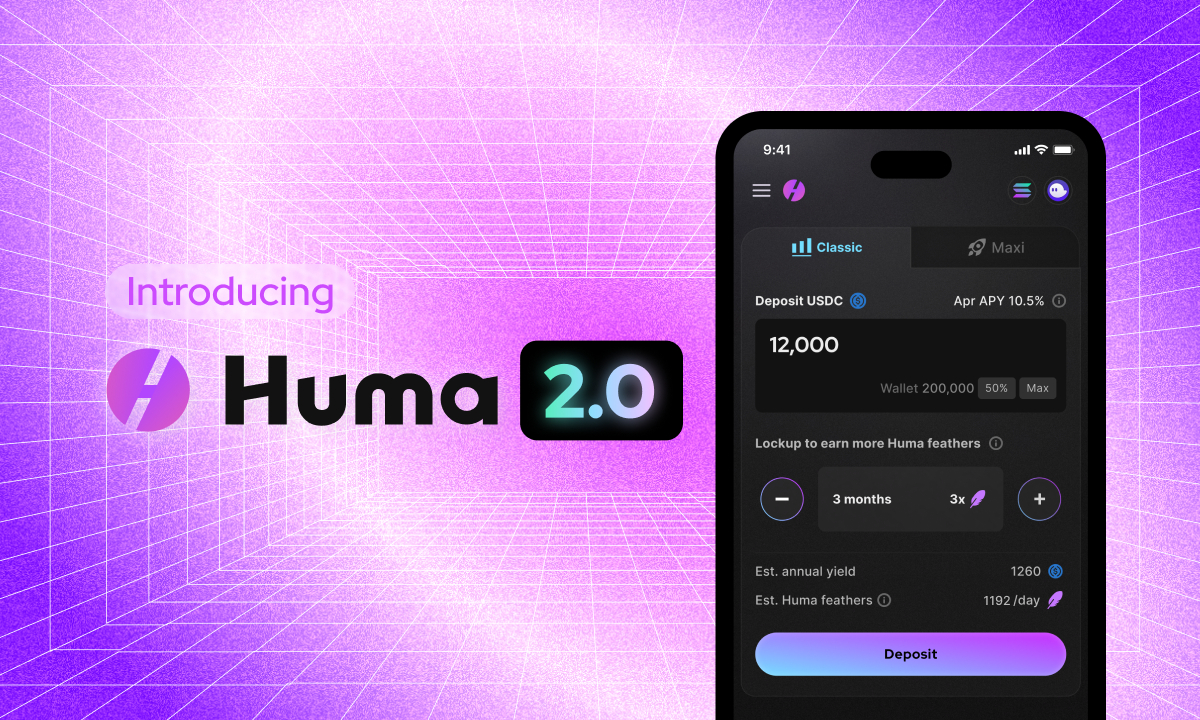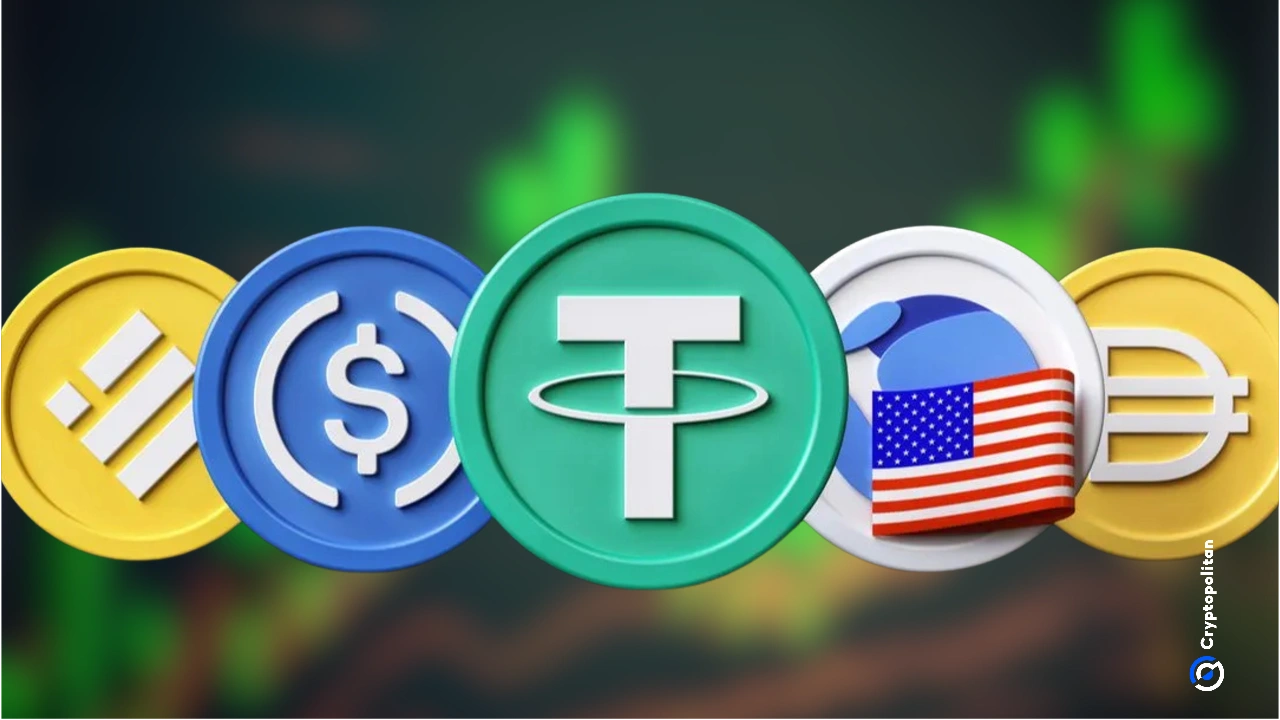Solana has announced a new privacy-enhancing feature for its blockchain called Confidential Balances.
The upgrade equips developers, users, and institutions with better tools to maintain the privacy of their token transactions in compliance with legal and regulatory obligations.
Solana advances privacy on public blockchains with Confidential Balances feature
The new launch is a pivotal moment for Solana, which has been quickly iterating on its technology as demand for privacy in DeFi has ramped up. Simultaneously, the network aims to maintain a cooperative stance with regulators and large institutions.
With the innovative use of state-of-the-art encryption alongside careful design, Solana is expanding the definition of privacy on a public blockchain.
This Confidential Balances feature builds upon the previous feature known as Confidential Transfers. Originally introduced as part of Solana’s Token2022 program, the feature enabled users to send and receive tokens where the amount sent out wasn’t public.
Solana has now augmented these features, allowing transaction amounts of minted or burned tokens and transaction fee payouts to be masked. Sensitive information will be hidden from token movements.
That’s a big deal. Most of the more familiar traditional blockchain systems —like Bitcoin and Ethereum — store the details of every transaction and make them available to anyone. This degree of transparency is great for some use cases, but it is expensive or compromising for businesses and users who appreciate confidentiality.
Solana’s method keeps sensitive financial information obscured but locked on the chain. The public ledger is secure but does not reveal private data.
Developers are already experimenting with these tools in Solana’s Rust programming environment. This allows Wallet-as-a-Service providers to handle encryption and proof generation on the backend.
While mainstream wallets lack native support for Confidential Balances, this will likely change soon as JavaScript-based tools roll out.
Auditor keys provide institutions with controlled access to confidential transactions
While Solana focuses on privacy, it also ensures compliance. This is why confidential balances are also shipped with auditor keys. These special tools enable approved organizations or people — such as financial institutions, regulators, or tax agencies — to see transaction details without making them public.
Auditor keys can then be shared with trusted parties if the project that utilizes Solana chooses to use them. This allows requirements for financial audits, anti-money laundering checks, or tax reporting to be met without exposing sensitive data to the public in general.
What matters is that this information is not made public. The upper bound of harmonics used to compute the reconstruction will be queried by the sampling repository when needed. The authorized party that owns the auditors’ key can only see the data. Others see a private transaction.
This enables the firms in Solana’s ecosystem to comply with financial regulations, such as anti-money laundering (AML), counter-terrorist financing (CTF), or tax reporting, without sacrificing users’ privacy.
This flexible system means projects can choose their level of transparency. For example, while a DeFi protocol could remain private, regulated fintech companies could apply auditor keys for periodic reporting.
This binary— user privacy and institutional transparency — is part of what makes Solana’s new model so exciting.
JavaScript upgrades will add privacy to mobile wallets
Until now, all but one of the Confidential Balances features have been built using Solana’s toolchain based on Rust. That’s fine for backend systems and developers but excludes the ordinary user who uses mobile apps and browser wallets.
That’s about to change. Solana’s developer ecosystem is gearing up to release zero-knowledge-proof-backed JavaScript-based libraries. Without heavy server infrastructure, these libraries enable mobile and web wallets to create and verify proof locally on the user’s device.
This is an important step. Solana will make private transactions simple and user-friendly by enabling cryptographic functions to execute on users’ phones or laptops. You won’t have to be a coder or tech whiz to safeguard your financial information.
As these tools go live, even more wallets and applications implement Confidential Balances. Wallets might also provide user-selectable public/private transaction settings and allow users to generate proofs for records or compliance.
This may be the turning point in making advanced privacy functionalities a day-to-day phenomenon for blockchain. Users with advanced privacy support will not have to build their specific structure to protect their belongings and activity, as they would have to do today.
Cryptopolitan Academy: Tired of market swings? Learn how DeFi can help you build steady passive income. Register Now
















No comments yet